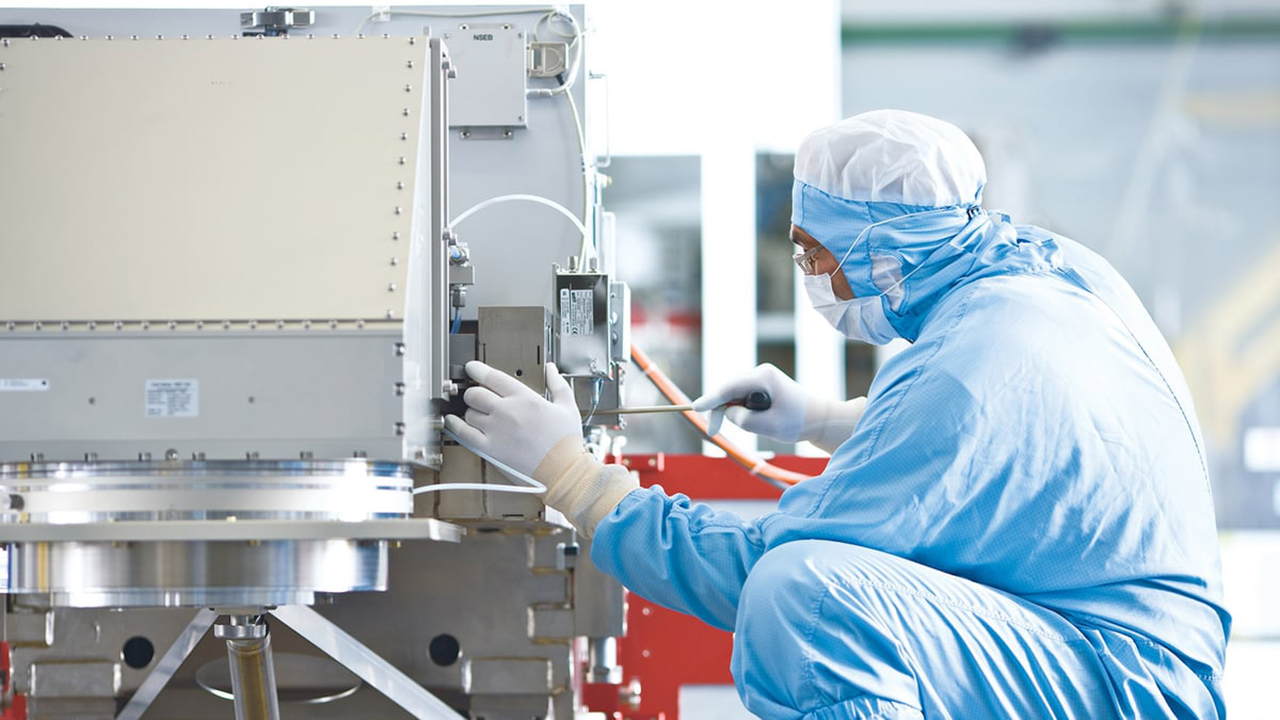Russian Ex-ASML employee indicted for stealing critical trade secrets — currently in custody, faces 20-year Netherlands entry ban
The suspect will face the court in a pro forma hearing on Monday.

The Ministry of Asylum and Migration of the Netherlands has imposed a 20-year entry ban on an ex-ASML employee. A Russia-connected individual is currently under investigation, suspected of potential espionage and theft of vital microchip documents from ASML, reports Dutch outlet NOS. Per the report from local media, the Netherlands rarely imposes such prohibitions, and they are typically reserved for cases involving national security.
ASML is one of the world's leading tech companies - making bleeding-edge high-NA EUV photolithography machines employed in the fabrication units of Intel, Samsung, and TSMC. This one Dutch firm holds the key to entering the sub-5nm era and recent US legislation has been detrimental for sanctioned companies like SMIC in China. Russia, being on the sanctioned list of countries following a full-scale invasion of Ukraine, is also hamstrung by sanctions.
The report mentions that a 43-year-old engineer has been accused of stealing important documents including microchip manuals from both ASML and Mapper Lithography - another company involved in manufacturing lithography machines that underwent bankruptcy in 2018 and was since acquired by ASML. It is suspected that the accused sold these documents to supposedly boost chip production in Russia - likely derived from his Russian background - for tens of thousands of Euros.
"We are aware of the lawsuit against a former Mapper and ASML employee. In accordance with our policy, we have also filed a report ourselves. We will not comment further during the trial."
ASML to NOS
ASML acknowledged these claims and filed a report accordingly. The Dutch public prosecution service and the engineer's lawyers refused to provide further details to the media outlet NOS. The man remains in custody in the Netherlands and will appear before a court in Rotterdam in a pro forma hearing - where the prosecutor and defendant share information to move the case forward - on Monday. The nature of this hearing could mean a lighter sentence is being considered, but we shall see
Technological espionage accusations aren't new and similar cases - at least for China - have been plastered over the wall in the aftermath of US sanctions. It doesn't just stop at ASML, though the lack of EUV technology remains the primary Achilles' heel for Chinese chip manufacturer SMIC - stuck at old DUV machines for 5nm wafers. Russia is following in China's footsteps with lofty goals of producing a 7nm lithography scanner by 2028 though, since the country is currently capable of producing only 65nm-grade chips, that would be quite the feat to accomplish.
Get Tom's Hardware's best news and in-depth reviews, straight to your inbox.

Hassam Nasir is a die-hard hardware enthusiast with years of experience as a tech editor and writer, focusing on detailed CPU comparisons and general hardware news. When he’s not working, you’ll find him bending tubes for his ever-evolving custom water-loop gaming rig or benchmarking the latest CPUs and GPUs just for fun.
-
cirdecus They just discovered it. This happened long before the invasion of Ukraine and both Russia and China knew they wouldn't need to rely on western chips anymore. How else do you think China is suddenly pushing to 7nm and beyond? The US should've started these bans a long time ago.Reply -
usertests Reply
The value of a few random human lives pales in comparison to nanoscale manufacturing secrets.williamcll said:Serial killers have been jailed for less. -
williamcll Reply
Technologies that should be open sourced.usertests said:The value of a few random human lives pales in comparison to nanoscale manufacturing secrets. -
NinoPino Reply
I really hope in scarcasm.usertests said:The value of a few random human lives pales in comparison to nanoscale manufacturing secrets. -
NinoPino Comparing to the source, the TomsH article have a lot of inaccuracies or errors.Reply
The investigated person is not a "Russian-connected individual" but a Russian engineer.
It is not "suspected of potential espionage" but only to have stolen documents.
The documents are not "vital microchip documents from ASML" but, documents and microchip manuals from ASML and Mapper Lithography.
Again, is not "accused of stealing important documents" but accused of stealing "documents".
Interesting is that, he has several patents to his name related to the semiconductor industry, and that in Netherlands he worked for Mapper Lithography, ASML and probably also for NXP. He also worked for Russian's technological companies (I suppose before coming to Netherland in 2015). -
bill001g More headlines for people who chose not to read. Unless he has a wife and kid that live in the NL and they can't move to russia or where ever he likely is laughing at "entry ban" sentence. Kinda like shoplifters who get lifetime bans from walmart.Reply
They will likely hold him in jail for the couple years it takes for this to go through the court system and he will be sentenced to time served and deported. The NL allows murders to get out after 25 years. -
usertests Reply
Nah. Human life is a commodity with ever diminishing value, and human rights are a polite fiction. Nanolithography is crucial for economic and military purposes. Outside of the obvious application of semiconductor manufacturing, material science advancements are probably becoming a lot more important than we realize.NinoPino said:I really hope in scarcasm.